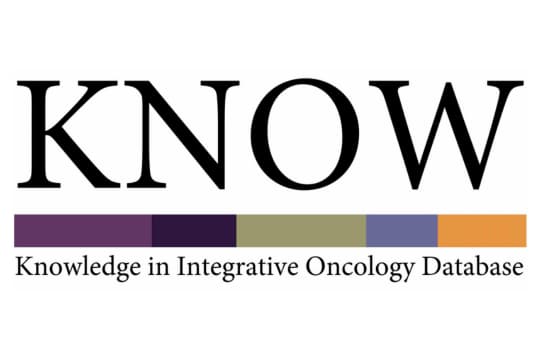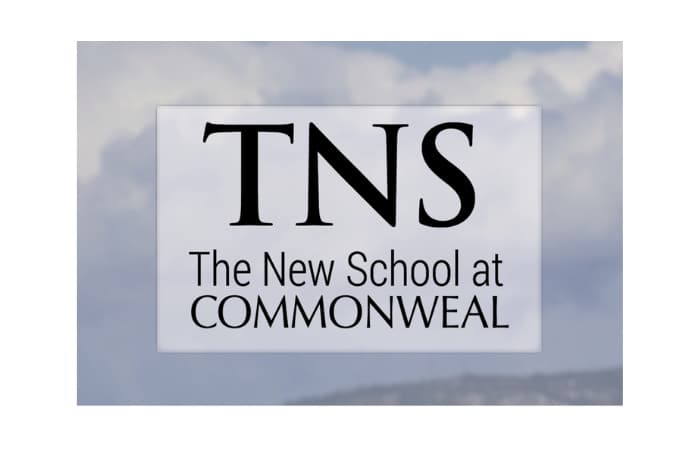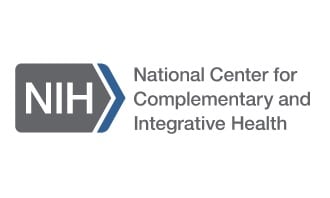Tai chi and qigong are forms of mind-body exercise and meditation that may help with symptoms of cancer and side effects of treatments.
Are you a health professional?
This section does not replicate the other information on this topic but provides additional details or context most relevant to professionals.
Helpful links for professionals

Subscription required

Carlson LE, Oberoi DV, Qureshi M, Subnis U. Integrative oncology trials in the real world: assessing the pragmatism of an ongoing integrative oncology trial of mindfulness and t’ai chi/qigong. Journal of Alternative and Complementary Medicine. 2018 Sep/Oct;24(9-10):926-932.

A conversation between Erlene Chiang, LAc, DAOM, PhD, and The New School Host Michael Lerner
Podcast: Qigong and Traditional Chinese Medicine in Treating Cancer and Grief ›
Health professional comment
We invite health professionals to contribute expertise or send us questions.
"*" indicates required fields
References

